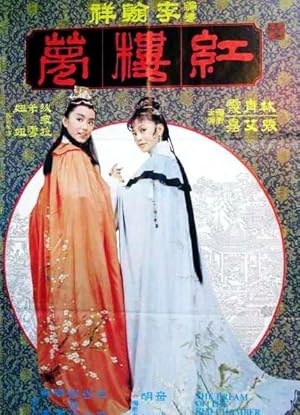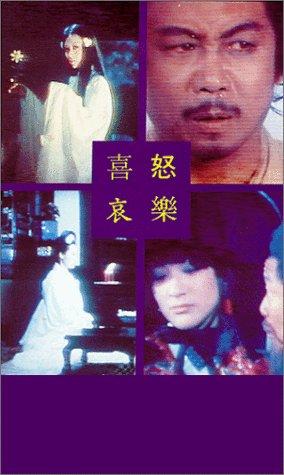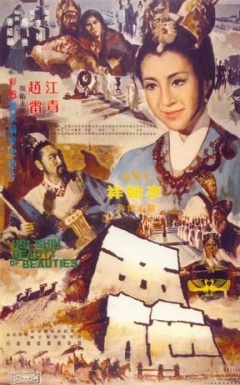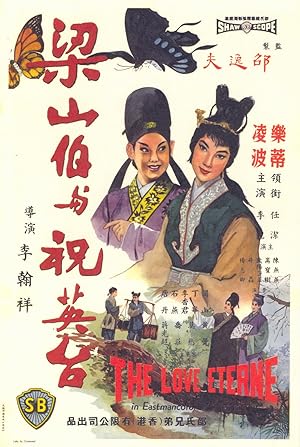Movies by Li Han-Hsiang
Welcome to our dedicated selection of films directed by Li Han-Hsiang. Here, you can explore a diverse range of works that highlight Li Han-Hsiang’s unique vision, storytelling style, and contribution to the world of cinema. Whether you’re an avid fan or discovering Li han-hsiang’s filmography for the first time, this collection will guide you through critically acclaimed masterpieces, hidden gems, and influential titles that have shaped the director’s legacy.
The Dream of the Red Chamber (1977)
0
Pao-yu is in love with his cousin, Lin Tai-yu, but his family has other marital plans for him that will leave both broken-hearted.
Four Moods (1970)
0
Directed by some of most well known Chinese-language directors of the time, the portmanteau film Four Moods was an attempt to alleviate Li Han-hsiang’s financial troubles during the late 1960s. Arguably one of his best works, King Hu’s short Anger is an adaptation of the famous Peking opera San Cha Kou; set to opera instrumentation and stylishly shot, the film deftly captures the tense showdown between political schemers, avengers and vagabonds inside an inn. Li Han-hsiang’s Happiness, inspired by the Strange Tales of Liaozhai, tells a tale of reprieve for a kind-hearted ghost, while Pai Ching-Jui’s Joy and Lee Hsing’s Sadness both explore
Beauty of Beauties (1965)
0
Hsi Shih: The Beauty of Beauties was one of the most ambitious films made in the Taiwan film industry in the 1960s. After leaving The Shaw Brothers studio in Hong Kong and moving to Taiwan, filmmaker Li Han-hsiang mounted this historical epic. Told through the story of Xishi (Hsi Shih), one of the 'Four Great Beauties' of Chinese history, the film portrays the war between two Chinese Kingdoms during the Warring States Period (475-221 B.C). After the kingdom of Yue is defeated by the kingdom of Wu, King Goujian of Yue takes pains to prepare for his revenge and rebuild his country. Knowing that King Fucha of Wu is lewd and lustful, he offers
The Love Eterne (1963)
0
In this dreamy romance set in China during the fourth-century, a young woman convinces her parents to allow her to dress as a boy and attend university.



